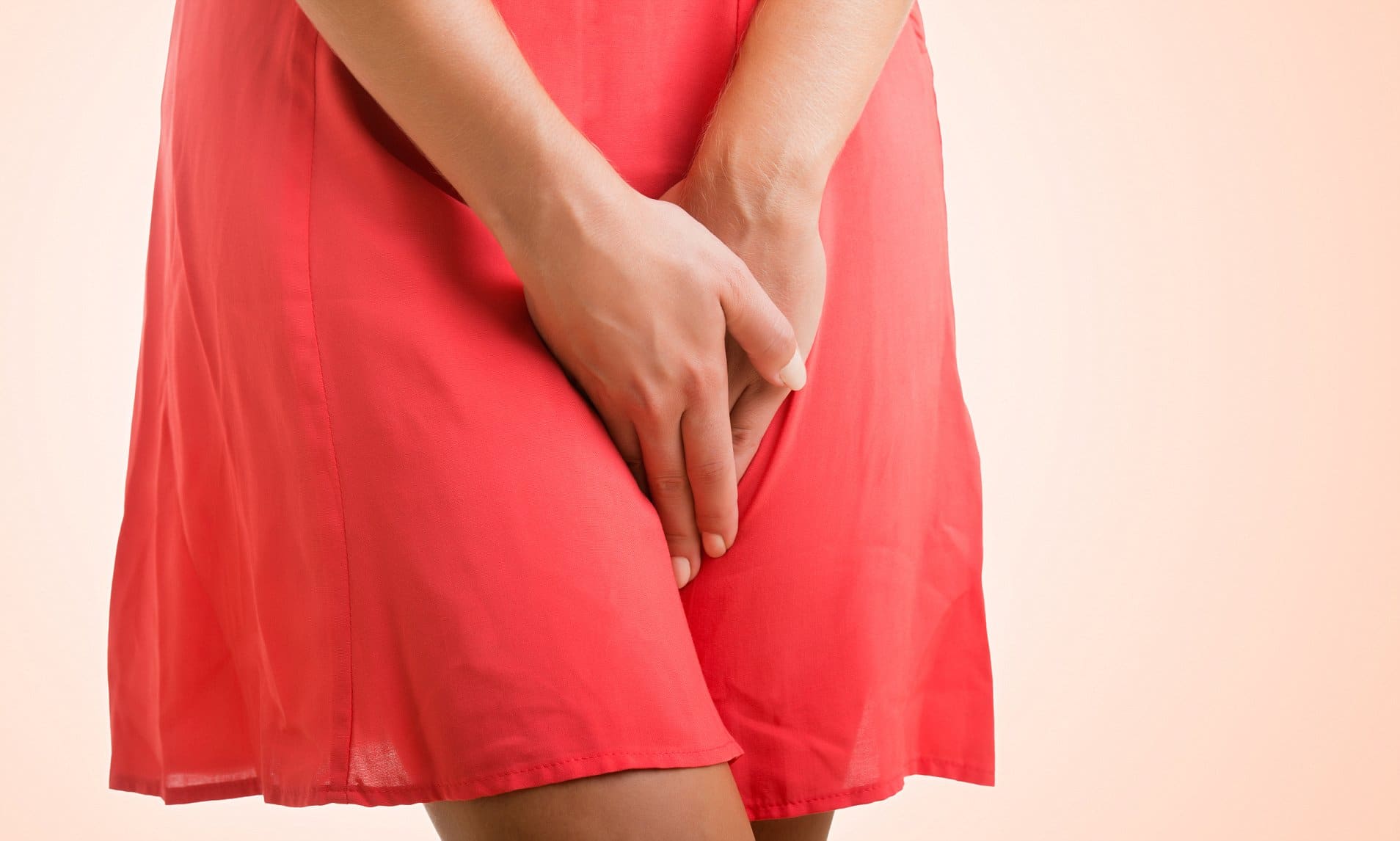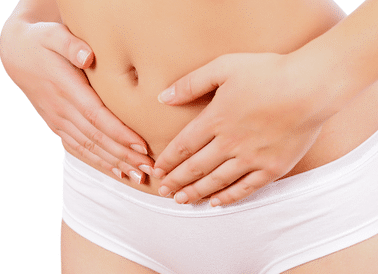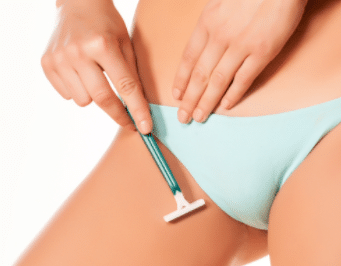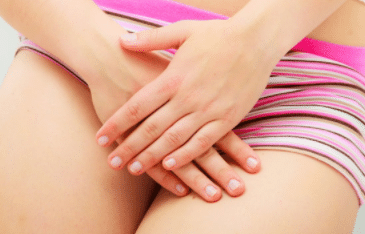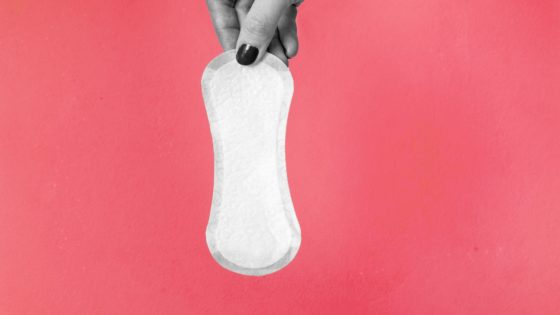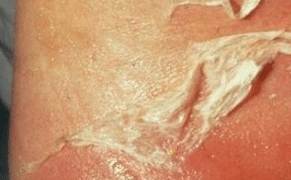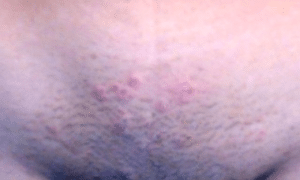What causes itchy vagina lips? Explore more on causes, symptoms and reasons for bumps on your vulva, how to get rid, treat and prevent.
Itchy Vagina Lips-Overview
Itchy vulva or vagina is also known as Pruritus Vulvae and it can be defined as itching of the skin of the vulva. Vulva is the skin outside the vagina, including the lips of the vagina and the skin between the vagina and the anus. Mayoclinic.org define itchy vaginal lips as an inflammation of the vagina that can result in discharge, itching and pain.
When a woman is affected by pruritus vulvae, the itch is persistent and causes distress at it is mostly worse at night. Vulva itching can affect any women at any stage of their life. Some statistics show that 2 out of 10 women sees a doctor about a persistent vulva itch. Vulva itch can also result to scratching and rubbing of vulva skin, this breaks the skin and lead to bleeding, soreness and skin infections.
There are several reasons for vaginal itching and pain some of them like hormonal changes are natural processes in the woman’s body that come and go without treatment and consequences. Others can damage the body or affect the woman’s reproductive functions and need to be treated professionally. They are sexually transmitted diseases, bacterial infections. Skin infections such as dermatitis or psoriasis can also affect the genital area and cause itching and discomfort.
If you experience vaginal itching, irritation or burning, the first thing to do is to find out the reason behind the problem. If it is vaginosis, sexually transmitted diseases or yeast infections your doctor might prescribe antibiotics or other efficient medications. If it is menopause related or caused by temporal inflammations, steroids or estrogen creams can be sufficient. In any case, follow simple tips to reduce the risk of complications and help your body to get rid of the problem.
Itchy Vaginal Lips Causes
Below are 14 possible causes of itch vaginal lips
- Menopause
During menopause the body of a woman undergoes hormonal changes for example the estrogen may fall below normal levels, this causes the vulva skin to become thinner and drier. This makes the vulva skin prone to itch. Low estrogen levels can start before the actual menopause (when you are still having periods) and can also cause vaginal dryness.
- Pregnancy
Pregnancy results to vulva engorgement. Vulva engorgement is the swelling and itchiness of the vulva veins. Also during pregnancy there is also an increased risk of vaginal discharge and thrush during pregnancy. Thrush and vulva discharge may be accompanied with or cause itchiness.
- Breast feeding
According to mediscape.com the vulva itchiness that arises as a result of breast feeding is known as Lactational atrophic vaginitis, whose main cause is thinning of vaginal tissue. In postpartum period, estrogen levels decline as a result of loss of placental estrogen. Hormone estrogen provides natural lubrication and elasticity to the vagina. Decrease in estrogen levels can cause thinning of vaginal tissues, decreased elasticity and diminished blood flow.
- General body itchiness
General body itching can also result to vulva itchiness. General body itchiness can arise due to side effect of some medicines or due to some blood disorders, thyroid problems, kidney or liver disease.
- Diabetes
Vulva itchiness can occur If blood glucose levels run high, causing sugar to be passed out in the urine. Sugar makes a fertile breeding ground for bacteria and it is a build-up of bacteria around the genitals that cause the itching.
- Allergies
Allergies and chemical irritants from certain fabrics, soaps, detergents, ointments and sexual lubricants may cause irritation, itchiness and increased sensitivity of the vulva skin.
- Stress
Stress can make the body immune system weaker, resulting in infections that could cause vaginal itchiness.
- Urinary or faecal incontinence
Urinary leakage in women can make the vulva skin moist and irritated. In little girls faecal incontinence is the common cause of vulva itchiness due to careless washing and wiping the bottom in the wrong direction (towards the front).
- Cancer
Cancer such as vulva cancer is a rare type of cancer that occur on the skin or tissues of a woman’s vulva. This type of cancer is known to be accompanied by symptoms such as inflammation and itchiness of the vulva.
- Pubic lice
Pubic lice are parasite insects that are also known as crabs that typically live in pubic hair. They cause irritation and itchiness of the vulva.
- Bacteria vaginosis
Bacteria vaginosis is a condition where by the natural bacteria in the vagina begins to over-multiply resulting to vulva itchiness and vaginal discharge. Bacteria vaginosis isn’t a worrisome medical condition as antibiotics will return the vagina’s bacteria balance to normal.
- Sexually Transmitted Infections
90% of all sexually transmitted infections can cause vaginal itching. These include genital herpes, Chlamydia, gonorrhea, trichomoniasis, candidiasis, HPV- Human papillomavirus, and syphilis among others. In case your vagina itching is a symptom of a sexually transmitted infection, most often treating the illness can help to sooth the itchiness. The approach will be case-by-case basis i.e depending on the illness itself. For example Chlamydia can be treated successfully with antibiotics. Herpes on the other hand is a chronic illness, so treatment usually focuses on alleviating symptoms.
- Skin infections
Skin infections such as folliculitis, eczema, psoriasis, lichen planus and lichen sclerosus may damage vulva skin and skin around the anus which may further lead to itching and inflammation.
- Highly Contagious infections
Highly Contagious infections such as scabies which is caused by small mites can also affect the vulva and cause itchiness.
Itchy Vag Lips Symptoms
According to mayoclinic.org Itchy Vag lips symptoms can include:
- Painful urination
- Light vaginal spotting or bleeding
- Pain during intercourse
- Change in odor, color or amount of discharge from your vagina
Swollen and Itchy Vag Lips-Pregnancy
During pregnancy there is hormonal changes inside the body of a woman this can cause strange reactions such as inflammation and excessive vaginal discharge. Such reactions irritate the sensitive skin of the vulva which can further result to swelling.
Hormonal changes also contribute to abnormal sensation such as itching. When you are pregnant and you have a strong itching it may be a symptom of a more serious infection and you need to see a doctor.
Also when you are pregnant and you have an itchy vagina this can be due to allergic reactions and skin inflammation such as contact dermatitis.
Itchy Vaginal Lips Remedy
To treat Itchy Vaginal lips there are many simple and effective home remedies. These remedies also help fight any infection as well as promote healing. Here are 12 best remedies for itchy vaginal lips.
GREEK YOGURT
Various Researches have shown that Greek yogurt has high contents of lactobacillus bacteria which plays a role of balancing and normalizing the vaginal PH level. Balancing of Vaginal PH inhibits the activity of infectious organisms that can lead infections. Greek yogurt also reduces vaginal odor.
To use Greek Yogurt:
- Soak a cotton ball in plain yogurt and dab it over your vulva.
- Leave it on for 60 minutes, and then by use of lukewarm water rinse your vulva thoroughly.
- By use of a towel, pat the vulva dry.
- Repeat this process2 to 3 times a day.
ASPIRIN
Aspirin as a supplement contains ingredients that have antibiotic, anti-inflammatory and antiseptic properties that help to fight bacteria, pain and inflammation as well as reduce the chances of infection.
- Crush 10 tablets of aspirin to powder form.
- Mix the powder with distilled water to form a paste.
- Alternatively, you can mix the powder with castor oil [the oil will help reduce inflammation and aid healing].
- Apply this paste on the vaginal lump.
- Leave to sit for 30 minutes and then, rinse off with lukewarm water.
- Repeat this process 2 times a day until the itchiness on your vagina goes away.
TEA TREE OIL
Tea tree oil is also known as Melaleula oil. It an essential oil with a fresh camphoraceous odor. Tea tree oil has compounds such as terpinen-4-ol which have antiseptic and antibacterial properties which help to get rid of pain and harmful bacteria in the vagina. It is also particularly good for treating bartholin cysts.
- Mix 4 drops of 100% tea tree oil in 3 drops of coconut oil.
- Use a cotton ball to dab the mixture over your itching vulva.
- Leave it for 30 minutes, and then rinse it off with lukewarm water.
- Apply this remedy 3 times a day for 1 week to get rid of itchiness on your vagina.
TURMERIC
Turmeric contains compounds such as Curcumin which has anti-inflammatory, antibacterial, and antiseptic agents. These agents help to fight bacteria, inflammation and pain.
- Mix 2 tablespoon of Turmeric powder and a little coconut oil to make a paste.
- Apply the paste over the itchy vagina and allow it to sit for 30 minutes.
- Rinse the area with lukewarm water and using a towel pat the vagina dry.
- Repeat this process 2 times a day for 1 week.
- Also you can mix 1 tablespoon of turmeric powder with one glass of milk and then drink the mixture. This will help you to control pain and promote healing.
ALOE VERA
- Open a fresh aloe vera plant leaf and extract the gel out of it.
- Apply the gel directly on the itchy vulva.
- Allow the gel to sit for 60 minutes and then, use warm water to rinse your vulva.
- Using a towel pat the vulva dry.
- Repeat this process, 3 times a day for 1 week to get rid of itchiness.
SEPIA
Sepia is available in pellets or liquid form. Sepia is made from dark, brownish-grey pigment obtained from the ink sac of the cuttlefish. It is an effective remedy for pain and inflammation associated with an itchy vulva. It also helps to prevent the outbreak of more cysts on the vagina.
APPLY WARM COMPRESS
- Soak a towel in hot water and wring out the excess water.
- Hold the warm washcloth on the affected area for a few minutes.
- Repeat 3 or 4 times a day until for 1 week to get rid of itchiness on the vag completely.
EPSOM SALT
- Fill a bathtub with water and add 6 tablespoon of Epsom salt into the water.
- Soak your genital area for at least 30 minutes.
- By use of a clean towel, pat your vagina dry gently afterwards.
- Repeat this for about 6 days, 2 times a day.
APPLE CIDER VINEGAR
Apple cider vinegar is acidic in nature this helps to reduce inflammation, swelling and pain on the vulva. Also, apple cider vinegar contain helps to maintain the PH level of the vagina this further reduces the chances of infection and even prevents more swelling and development of cysts.
- Mix 2 tablespoon of unfiltered organic apple cider vinegar in a cup of warm water.
- Soak a cotton ball in this solution and place it directly over the cyst.
- Leave it on for 30 minutes and then rinse with lukewarm water.
- Using a towel pat your vagina dry.
- Repeat this process for 2 to 3 times a day for 1 week.
GARLIC
Garlic has natural ingredients that help to boost body Immune system. Immune system is responsible for fighting infections and in promoting healing.
- Crush some garlic cloves into a paste and apply the paste on the itchy vagina. You can also add a few drops of coconut oil to reduce the stinging garlic might have caused.
- Allow the paste to sit for 30 minutes.
- Rinse the paste off with lukewarm water and pat dry.
- You can also eat 1 crushed garlic clove, followed by a glass of warm water.
HYDROGEN PEROXIDE
Hydrogen peroxide is a powerful anti-bacterial agent that can kill yeast and bacteria in the vagina. It also antiseptic and this helps to get rid of vaginal itching and speed up the healing process.
- Mix equal parts of water with 3% hydrogen peroxide
- Soak a tampon in the liquid and insert it into your vagina for 20 minutes.
- Repeat using this remedy 2 times a day for 1 week to get rid of itching.
BORIC ACID
Boric acid is a highly recommended natural remedy for itchy vaginal lips especially if the cause of itchiness is candidiasis.
- Insert boric acid suppositories for 20 minutes into your vaginal. Repeat this 2 times a day.
When to see a doctor
See your doctor if you develop unusual vagina discomforts such as:
- If you have a fever, chills or pelvic pain.
- You have completed a dosage of over-the-counter anti-yeast medication and your symptoms are still persistent.
- You have had vaginal infections before.
- You have had multiple sex partners. Your itchiness could be a sign of sexually transmitted infections. Some sexually transmitted infections have signs and symptoms similar to those of a yeast infection or bacterial vaginosis.
- You have never had a vaginal infection. Seeing your doctor can establish the cause and help you learn to identify the signs and symptoms.
- You have unpleasant vaginal odor, discharge or itching.
Treatment of Itchy Vaginal Lips
Treatment of itchy vagina lips may vary depending on what could be the root cause but in most of them treatment is geared towards increasing the amount of estrogen in the vaginal area. Some of the treatments that may be recommended by your doctor include:
- Estrogen therapy, where estrogen is taken orally. Though this kind of treatment option has many side effects so it may not be the first option to be recommended by your doctor.
- Vitamin E suppositories. This treatment is usually recommended by the doctor to women who dislike hormone-based treatments. Vitamin E suppositories are also highly recommended by most doctors as an effective way of treating vaginal dryness.
- Most doctors recommend vaginal creams that have some contents of estrogen and some of the most common creams are estriol and premarin.
- Some doctor recommends vaginal rings. This treatment involves inserting into the vagina silicone-based vaginal ring. The ring releases small amounts of estrogen every day. These rings are usually replaced after 90 days.
Prevention
Prevention is better than cure; good hygiene may prevent some causes of itchy vagina from recurring and may relieve some symptoms. Here are 8 ways of preventing and treating vaginal irritation at home:
- Avoid contact with irritants. These include scented pads, scented tampons, douches and scented soaps such as those with deodorants.
- Avoid bubble baths, hot tubs and whirlpool spas.
- Wipe from front to back after having bowel movement.
- Change the diapers of girl child regularly.
- Use latex rubber condoms during sexual intercourse to prevent sexually transmitted diseases.
- Avoid sexual intercourse until your symptoms improve.
- If you are experiencing vagina dryness during sex use vaginal moisturizers. For example apply water-based lubricants before having sex.
- Don’t scratch the vulva, you can further spread the infection or irritate the vulva more.
- Wear cotton panties ( no synthetic fabrics) and change your underwear every day.
FURTHER REFERENCES:
- http://www.mayoclinic.org/disease-conditions/folliculitis/basics/defination/con-20025909
- Chancroid: http://www.healthline.com/health/chancroid#symptoms3
- Swollen (sore) bump under skin by vagina: http://www.medhelp.org/posts/women-Health/swollen-sore-bump-under-skin-by-vagina/show/26796?page=1
- Vaginal Cyst http://www.webmd.com/women/guide/vaginal-cysts-causes-symptoms-treatments
- Genital Warts: http://www.nhs.uk/Conditions/Genital-warts/pages/introduction.aspx


